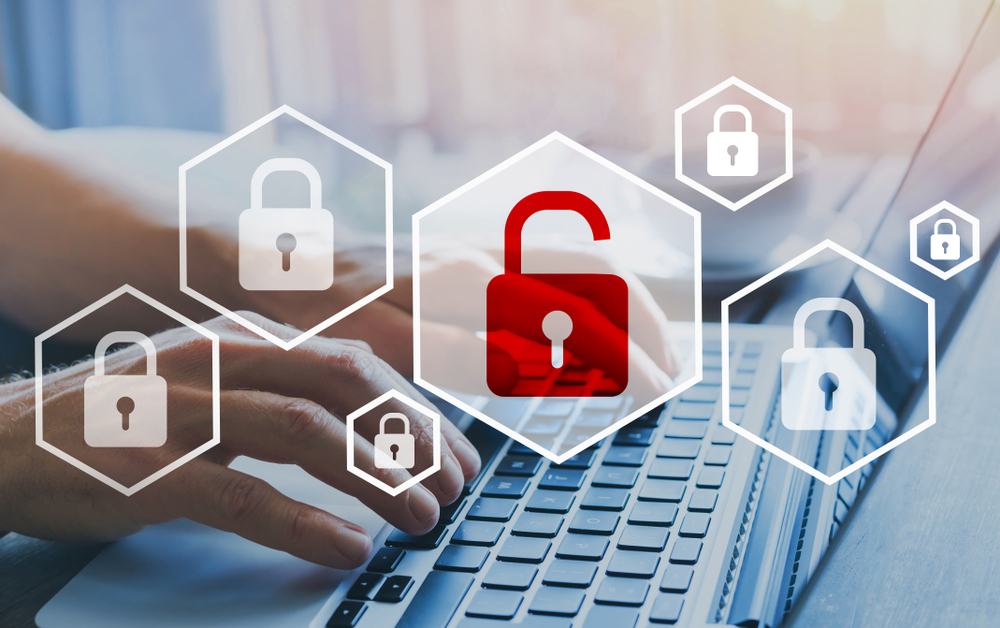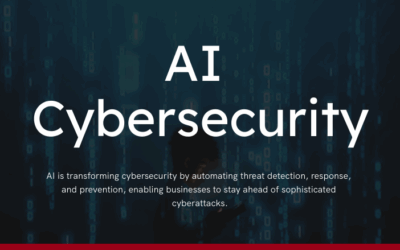Equifax Data Breach: A Lesson in the Importance of Cybersecurity
In 2017, Equifax suffered one of the largest data breaches in history, affecting over 143 million customers. The breach exposed sensitive personal information, including Social Security numbers, dates of birth, and addresses, highlighting the critical importance of cybersecurity in today’s digital age.
The Equifax breach was the result of several security lapses, including the failure to patch a known vulnerability in the company’s systems. Cybercriminals were able to exploit this vulnerability and access sensitive data, demonstrating the severe consequences of inadequate cybersecurity measures.
The impact of the breach was widespread, and the company faced significant backlash from customers, shareholders, and regulators. The breach also served as a warning for businesses and organizations, highlighting the potential consequences of failing to prioritize cybersecurity.
Five months after the breach notification was issued, Jamil Farshchi took on the role of CISO at Equifax. Since then, multiple investigations have led to recommendations that can serve as a lesson for all organizations looking to improve their information security programs.
Farshchi was not content with simply addressing the issues that led to the breach. Instead, he spearheaded several initiatives that addressed both the cultural and infrastructure issues that had opened the door to the security incident. In an interview with Information Security Media Group, Farshchi recapped the lessons learned since the breach and highlighted the key initiatives that have helped Equifax on its path to recovery.
Improving Systems Monitoring
One of the most important initiatives was improving Equifax’s systems monitoring. By implementing new technologies and processes, Equifax can now detect and respond to potential security incidents more quickly and efficiently. This has enabled Equifax to better protect its systems and data from cyber threats.
Enhancing Security Team Communication with the C-Suite
Another key initiative was enhancing the security team’s communication with the C-suite. By improving communication and collaboration between the security team and senior executives, Equifax has been able to better prioritize security and make informed decisions that balance risk and business objectives. This has led to a more effective and proactive approach to information security.
Changing Corporate Culture
Finally, Farshchi recognized the importance of changing the corporate culture to ensure that all employees recognize the importance of cybersecurity. By promoting a culture of security awareness and providing ongoing training and education, Equifax has been able to create a more secure environment for its employees and customers.
Global Change
In response to the Equifax breach, regulatory bodies have implemented stricter data protection laws, and businesses have increased their investment in cybersecurity measures. However, there is still much work to be done to combat the evolving threat of cybercrime.
One of the key lessons learned from the Equifax breach is the importance of regular system updates and security patches. Many cyberattacks exploit known vulnerabilities, and companies must remain vigilant in ensuring their systems are up-to-date and secure.
Another critical lesson is the importance of proper cybersecurity training for employees. Cybercriminals often use social engineering tactics to gain access to sensitive information, and employees must be trained to recognize and respond to these threats.
Additionally, businesses must ensure that their third-party vendors and suppliers are also taking adequate cybersecurity measures. The Equifax breach was partially the result of a vulnerability in a third-party software, highlighting the need for increased scrutiny and oversight of these relationships.
The Equifax data breach serves as a cautionary tale for businesses and organizations, emphasizing the critical importance of cybersecurity in today’s digital age. The breach demonstrated the severe consequences of inadequate cybersecurity measures and highlighted the need for regular updates, employee training, and vendor oversight. As cybercrime continues to evolve, businesses must remain vigilant in protecting their networks and data to avoid a similar fate.




